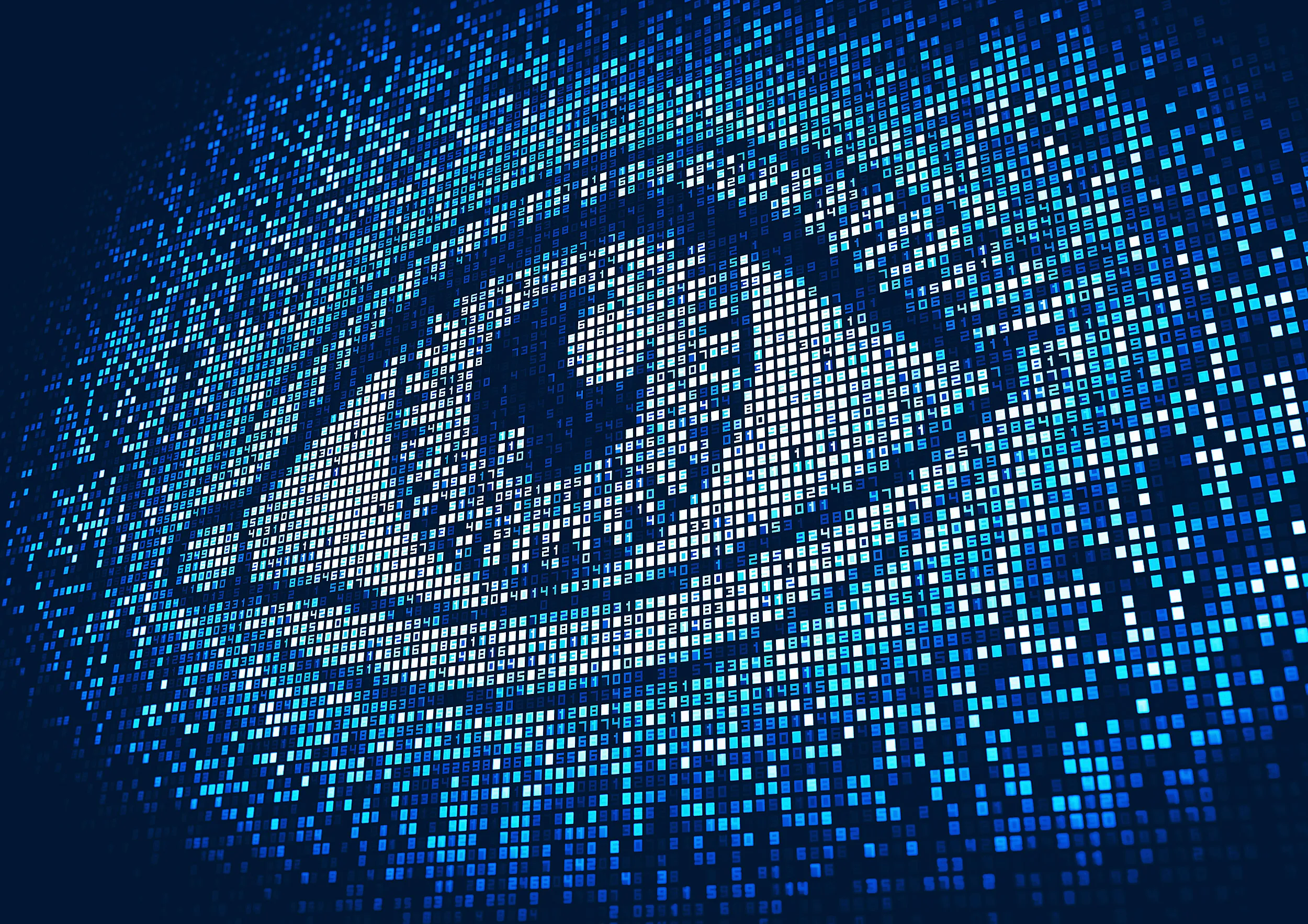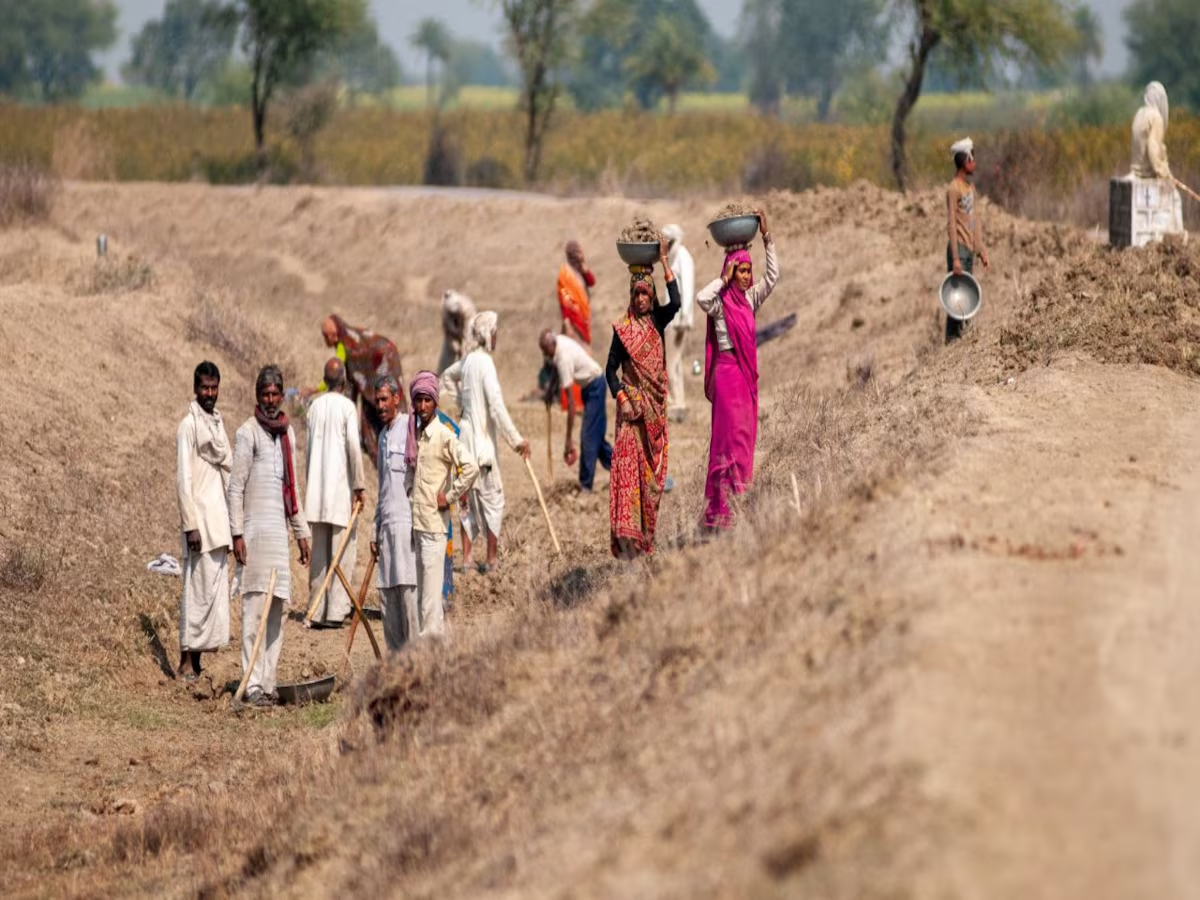- Courses
- GS Full Course 1 Year
- GS Full Course 2 Year
- GS Full Course 3 Year
- GS Full Course Till Selection
- Online Program
- GS Recorded Course
- NCERT (Recorded 500+ Hours)
- Polity Recorded Course
- Geography Recorded Course
- Economy Recorded Course
- AMAC Recorded Course
- Modern India, Post Independence & World History
- Environment Recoded Course
- Governance Recoded Course
- Science & Tech. Recoded Course
- International Relations and Internal Security Recorded Course
- Disaster Management Module Course
- Ethics Recoded Course
- Essay Recoded Course
- Current Affairs Recoded Course
- CSAT
- 5 LAYERED ARJUNA Mentorship
- Public Administration Optional
- ABOUT US
- OUR TOPPERS
- TEST SERIES
- FREE STUDY MATERIAL
- VIDEOS
- CONTACT US
Organ Donation: A Moral Duty in a World of Shortage
Organ Donation: A Moral Duty in a World of Shortage
07-11-2024
- Organ transplants can change lives, but they come with many ethical challenges. The worldwide shortage of organs makes these issues even more important.
- In India, a positive development was reported in the National Organ and Tissue Transplant Organisation (NOTTO) annual report for 2023-24, showing over 1,000 deceased organ donors in one year for the first time, breaking previous records.
- This discussion explores the ethical concerns surrounding organ donation.
- It looks at the balance between respecting life, personal choice, and community responsibilities. Key issues include the value of the human body and how to fairly share limited resources.
Ethical Concerns About Organ Donation and Transplantation
- Presumed Consent vs. Explicit Consent: One important question is whether a deceased person agreed or refused to donate their organs while alive. Deciding without knowing their wishes raises ethical problems. Countries like Spain have increased donation rates with presumed consent, but this can challenge personal choice and state involvement in private matters.
- Medical Ethics: While many kidney donors live healthy lives, some research shows that some face health risks, like infections. This situation conflicts with the medical principle of "primum non nocere" (first, do no harm), since one person may suffer to help another who is already sick.
- Organ Trafficking: Organ donation can be affected by illegal practices, such as organ trafficking. The World Health Organization has raised alarms about the rise of commercial trafficking, especially involving living donors who are not related to the recipients.
- Emotional Pressure: Family connections can influence a donor’s decision to give an organ. Donors often feel a sense of obligation, which can lead to ethical issues related to pressure and coercion.
- Fairness in Allocation: Ensuring that organs are distributed fairly is a major ethical issue. Differences based on wealth, social status, or location can raise serious questions about fairness in access to transplants.
- Brain Death and Organ Retrieval: The concept of brain death, crucial for organ donation, is not universally accepted. It’s essential to get informed and voluntary consent from donors or their families. Lack of transparency in this process can violate individual rights.
- Xenotransplantation: Research into using animal organs for human transplants raises new ethical questions. Concerns about animal rights and the morality of using animals for human benefit must be addressed.
Indian Organ Donation Day (IODD):
- Indian Organ Donation Day is observed every year on August 3rd since 2010.
- It aims to raise awareness about brain death and organ donation.
- In 2024, the "Angdaan Jan Jagrukta Abhiyaan" was launched to support these efforts, making July Organ Donation Month.
- Through organ donation, one person can save up to eight lives and improve many more by donating tissues.
Perspectives on Organ Donation and Transplantation
-
Religious Perspectives
- Hinduism: Values the body but does not prohibit organ donation. Selfless giving (Daan) is seen as compassionate.
- Islam: While traditional views stress body sanctity, many scholars support organ donation as a charitable act aligned with saving lives.
- Christianity: Encourages organ donation as a loving act, despite some concerns. It’s seen as a noble way to extend life.
- Buddhism: Supports organ donation as an act of compassion without specific prohibitions, viewing it as a personal decision.
-
Philosophical Perspectives
- Virtue Ethics: Focuses on kindness and generosity, viewing organ donation as a good act.
- Libertarianism: Emphasizes individual freedom and control over one’s body, supporting voluntary donation but opposing coercion.
Conclusion
The ethical issues surrounding organ donation are complex and important for solving the global organ shortage. Balancing presumed and explicit consent, medical ethics, and the challenges of trafficking are vital. Fairness in allocation and openness in the processes must be prioritized to maintain trust in the system.
As anthropologist Margaret Mead said, "Never doubt that a small group of thoughtful, committed citizens can change the world." Addressing these ethical challenges with care and empathy is essential for creating a fairer and more effective organ donation system. By aligning practices with moral principles and community needs, we can better tackle the critical shortage of organs and improve lives.




